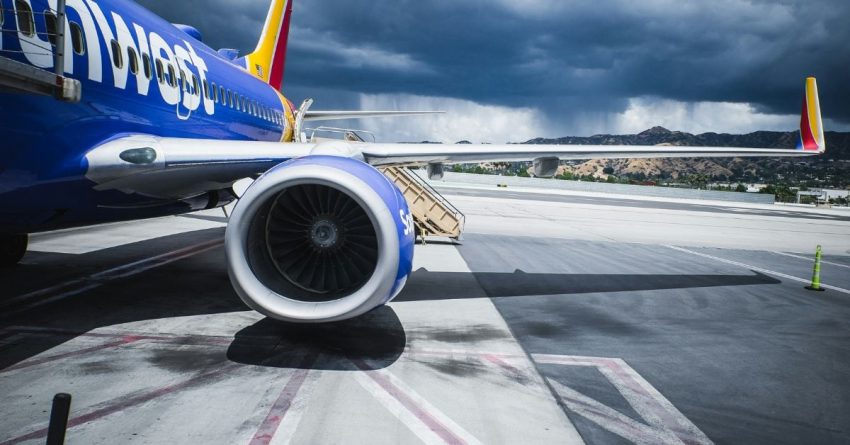Southwest Airlines is pressing forward with a series of dramatic policy shifts, marking the end of several of its most defining features while signaling a new direction for the Dallas-based carrier. Over the past several months, the airline has announced and implemented changes that include ending free checked bags, doing away with its signature open-seating policy and moving toward a new route structure. While many of these moves have sparked backlash from loyal customers, the company insists they are necessary steps for long-term growth.
Southwest policy

In May, Southwest officially scrapped its “bags fly free” policy, instituting a $35 fee for the first checked bag and $45 for each additional piece of luggage. The decision marked a sharp departure from the airline’s decades-long practice that had distinguished it from competitors. The response from customers was swift and harsh, with sales initially dipping. Still, CEO Bob Jordan expressed confidence that the change will pay off. “The revenue contribution from bag fees has exceeded our expectations so far, and we’ve experienced no negative impact to the operation,” Jordan said earlier this month. Despite Jordan’s optimism, analysts note that the financial benefits remain unclear. For decades, Southwest leaned on its reputation as the “customer-friendly” airline, eschewing extra fees and emphasizing efficiency. The elimination of free checked bags signaled a shift toward the fee-driven model embraced by most legacy carriers.
Southwest changes

Another fundamental change is set to take effect in January 2026, when the airline will end its democratic open-seating model. Passengers have long boarded and chosen seats on a first-come, first-served basis, a hallmark of the Southwest experience. Instead, the airline will roll out four fare bundles: Basic, Choice, Choice Preferred and Choice Extra. Basic fare passengers will be automatically assigned a seat the day before departure unless they pay extra to select one, while the higher fare categories will include complimentary seat selection. The new structure is intended to boost revenue but also reflects customer input, according to the airline.
Point-by-point model

Operationally, Southwest is also reevaluating its reliance on the point-to-point model, where it has long been the nation’s dominant player. Unlike the hub-and-spoke systems used by competitors such as Delta and United, Southwest’s direct city-to-city flights offered faster, more convenient travel. But in recent months, the carrier has begun cutting direct routes from major cities, moving toward a hybrid model that blends point-to-point with hub operations. The shift promises more cost efficiency but risks alienating customers who valued convenience.
Declined to provide details

Not all of Southwest’s recent announcements have been unwelcome. The airline confirmed it is looking to expand internationally beyond its current limited service to Mexico and the Caribbean. In a statement to CNN, Southwest said, “Southwest Airlines is continuing to consider ways to grow our business as we evolve to meet the needs of our current and future customers. One of the things we are exploring is the potential to expand our network to new international destinations on our Boeing 737 aircraft.” While the company declined to provide details on potential destinations or timelines, it cited “several dependencies that would have to be considered,” including pilot and flight attendant contracts. For a carrier that has long prioritized domestic travel, the exploration of international growth offers a glimmer of excitement for customers who have grown wary of the airline’s recent pivots. Whether these sweeping changes ultimately strengthen or strain Southwest’s identity remains to be seen.
The post Southwest Airlines CEO says more changes are coming appeared first on Knewz.
Click this link for the original source of this article.
Author: Joshua Wilburn
This content is courtesy of, and owned and copyrighted by, https://knewz.com and its author. This content is made available by use of the public RSS feed offered by the host site and is used for educational purposes only. If you are the author or represent the host site and would like this content removed now and in the future, please contact USSANews.com using the email address in the Contact page found in the website menu.





